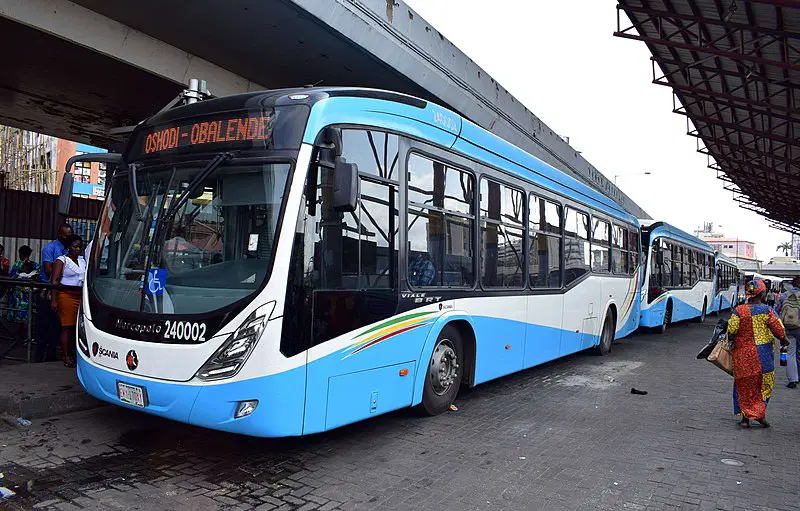Commuters in Lagos have been advised to brace for a significant increase in bus fares across all Bus Reform Initiative (BRI) schemes. The Lagos Metropolitan Area Transport Authority (LAMATA) announced a substantial 18% price increase, effective Monday, February 17th, citing escalating operational costs as the primary driver. The Bus Rapid Transit (BRT) system, a cornerstone of the BRI schemes, will see a corresponding fare adjustment.
“This adjustment in fares is a necessary measure to ensure the continued viability and sustainability of our bus services,” a LAMATA spokesperson stated in a press release issued Thursday. “The rising costs of fuel, maintenance, and overall operations have significantly impacted our ability to maintain efficient and reliable public transportation for Lagos residents.”
LAMATA, however, emphasised that the price increase is crucial to maintaining the quality and frequency of bus services. “We understand the impact this increase may have on our passengers,” the spokesperson acknowledged. “However, we are committed to investing these funds in improving the overall passenger experience, including upgrading infrastructure, enhancing safety measures, and introducing more modern and comfortable buses.”
The news of the price increase has met with mixed reactions from commuters, particularly low-income residents who heavily rely on public transportation, who will definitely be impacted by the financial burden, especially with the rising cost of living. However, the move underscores the agency’s efforts to ensure the long-term sustainability of this vital public transportation mode.
The fare hike has a direct and significant impact on the daily lives of countless Lagosians. For many, public transportation is not just a means of commuting; it’s a lifeline connecting them to work, education, and essential services. This increase will undoubtedly strain household budgets, forcing some to make difficult choices and potentially impacting their overall quality of life.
Read Also: Lagos Unveils “Omo-Eko” App: A Tech-Driven Leap Towards Smart City Mobility
The fare increase reflects the broader economic realities facing the transportation sector. Rising fuel prices, coupled with inflationary pressures, have significantly increased the operating costs for public transport providers. This situation highlights the need for a comprehensive and sustainable approach to public transportation funding, considering both the needs of operators and the affordability for commuters.
The 18% BRT and other BRI fare increase in Lagos marks a significant shift in the cost of public transportation for residents. While necessary to ensure the continued operation of essential services, it also underscores the need for a more equitable and sustainable public transportation system that is both affordable and accessible to all.












